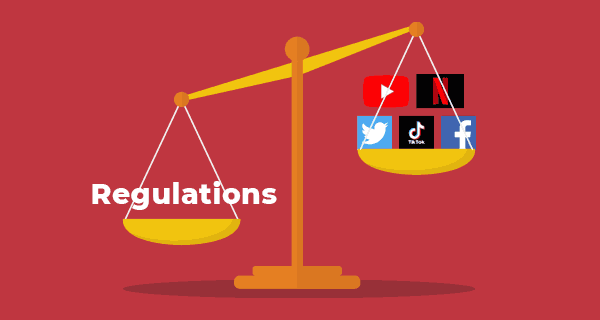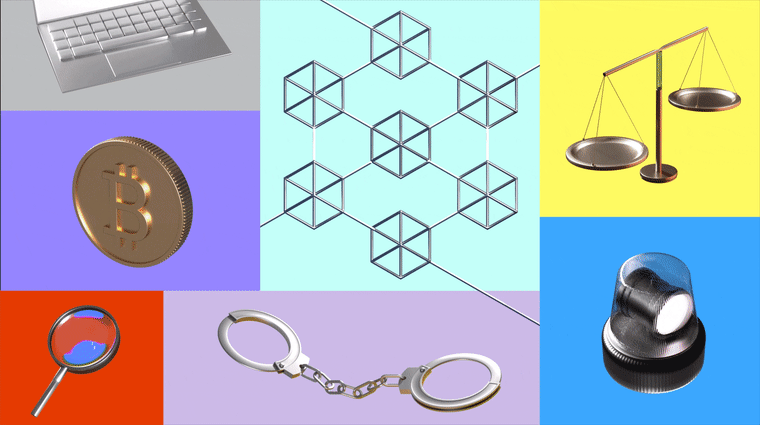About Me
My name is Maz, and I am a 41-year-old father who has recently graduated with a Master's in Law, with a specialization in cryptocurrency law. In my pursuit of further education, I have come to realize the importance of being tech-savvy, especially in the field of law, where emerging technologies have been having a significant impact.
Over the past few months, I have been exploring the intersection of law and emerging technologies in computer science, which has been a thrilling experience. Since November 2022, I have completed bootcamps for Harvard's computer science for Lawyers, Microsoft's Azure cloud engineering, Polygon blockchain's web3 and solidity, an intensive 8-week level 4 data engineering and analytical tools bootcamp, Stanford University's game theory, and a few other courses to strengthen my knowledge in the field.
My interest in emerging technologies stems from their limitless potential for innovation and creativity. I believe that these technologies can transform the way we live, work, and interact with each other. As a law student, I am also keenly interested in the legal and ethical implications of these technologies, and how we can ensure that they are used for the greater good.
My dissertation on cryptocurrency law gave me a deeper insight into the legal implications of emerging technologies and how they can impact traditional legal frameworks. The ever-evolving nature of technology has led to a constant need for updated regulations, which is why I am interested in pursuing a part-time Ph.D. in the field.
My interests in programming and video games have been with me since I was young. With the advent of modern technology, video games have evolved and become more complex, and I find the programming behind them fascinating. I believe that the skills I have acquired through these interests can be applied to the legal field to help create new and innovative solutions.
As a father, spending time with my child is a top priority. However, I also strive to deepen my knowledge and keep up with the latest developments in the field, even in my free time. My interests and projects have helped me stay engaged in the ever-evolving field of computer science and law.
In conclusion, as a Master's in Law graduate with a specialization in cryptocurrency law, I am committed to furthering my knowledge in the intersection of law and emerging technologies in computer science. My interests in programming and video games, along with my passion for law, have given me a unique perspective that I believe can be invaluable in shaping the legal framework around emerging technologies.
Embedded Video
- Use of blockchain technology in legal contracts and document management to increase transparency and accountability.
- Development of artificial intelligence (AI) algorithms to assist in legal research and document review, reducing the time and cost of legal proceedings.
- Implementation of cybersecurity measures to protect sensitive legal and personal information from cyber threats.
- Use of smart contracts to automate legal agreements and reduce the need for human intervention in dispute resolution.
- Integration of virtual reality technology in courtrooms to allow for remote participation in legal proceedings, increasing accessibility and convenience.
- Implementation of biometric identification technology to enhance security and prevent identity theft in legal proceedings.
- Development of legal chatbots to assist with legal advice and document drafting, providing affordable and accessible legal services to more people.
Embedded Image

- Use of predictive analytics to improve case outcomes and reduce the likelihood of litigation, benefiting both individuals and businesses.
- Implementation of blockchain technology to create immutable and tamper-proof records of legal transactions, increasing trust and reliability in the legal system.
- Development of automated legal document generation tools to streamline the legal process and reduce administrative costs.
- Use of machine learning algorithms to identify patterns in legal data, enabling more efficient and accurate decision-making in legal proceedings.
- Implementation of biometric authentication technology to verify the identities of parties involved in legal transactions, increasing security and preventing fraud.
- Development of intelligent legal chatbots to provide personalized legal advice and assistance to individuals, increasing access to justice.
- Use of blockchain technology to create a decentralized legal system that is more resistant to corruption and manipulation.
some gifs

- Implementation of machine learning algorithms to analyze legal data and predict potential legal issues, allowing for proactive intervention and prevention of disputes.
- Development of virtual legal assistants to assist with legal research, drafting, and document management, reducing the workload of legal professionals.
- Use of AI algorithms to analyze legal language and provide insights into legal documents, enabling faster and more accurate decision-making in legal proceedings.
- Implementation of blockchain-based dispute resolution mechanisms to provide a more efficient and cost-effective alternative to traditional legal proceedings.
- Development of AI-powered legal assistants to provide legal advice and guidance to individuals and businesses, increasing access to justice and reducing legal costs.
- Use of blockchain technology to create a secure and decentralized voting system, enabling more transparent and trustworthy democratic processes.
- Implementation of machine learning algorithms to analyze legal data and identify patterns of discrimination or bias, promoting equality and fairness in legal proceedings.

- Development of virtual legal clinics to provide free or low-cost legal advice and assistance to underserved communities, increasing access to justice.
- Use of AI-powered legal chatbots to assist with legal research and document review, reducing the time and cost of legal proceedings.
- Implementation of blockchain technology to create a secure and tamper-proof system for storing and sharing medical records, ensuring patient privacy and security.
- Development of AI algorithms to assist with legal analysis and decision-making, improving the accuracy and efficiency of legal proceedings.
- Use of blockchain technology to create a secure and transparent system for managing intellectual property rights, preventing infringement and enabling fair compensation for creators.
- Implementation of machine learning algorithms to analyze legal data and identify potential conflicts of interest, promoting transparency and accountability in legal proceedings.

- Development of virtual courtrooms to allow for remote participation in legal proceedings, increasing accessibility and reducing costs.
- Use of AI-powered legal research tools to enable faster and more efficient legal research, reducing the workload of legal professionals.
- Implementation of blockchain technology to create a secure and transparent system for managing real estate transactions, preventing fraud and enabling fair and efficient transactions.
- Development of virtual legal training programs to provide accessible and affordable legal education to individuals and communities, increasing legal literacy and promoting access to justice.

